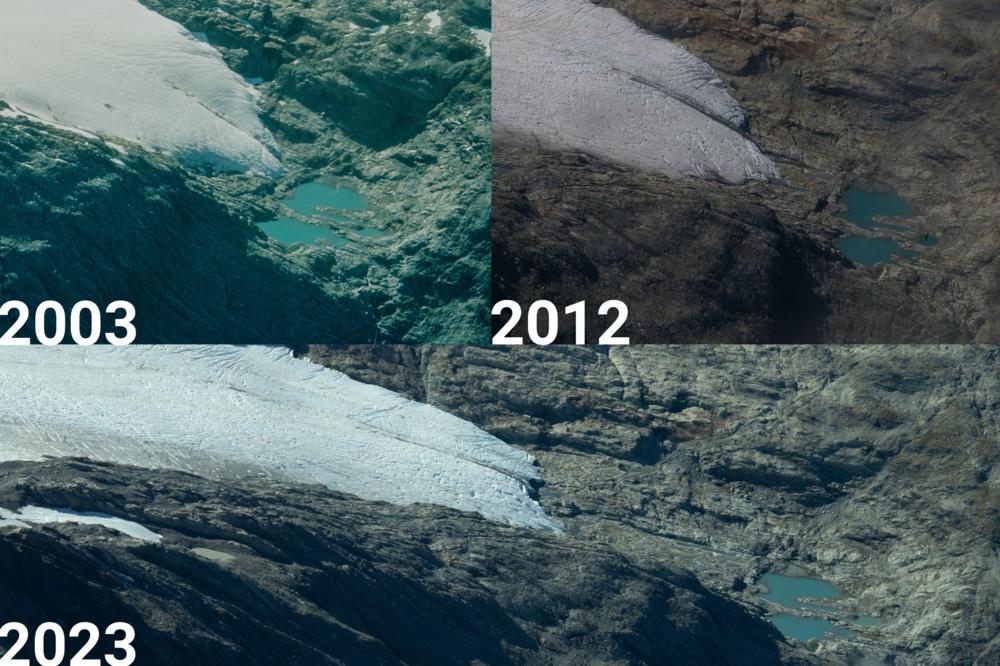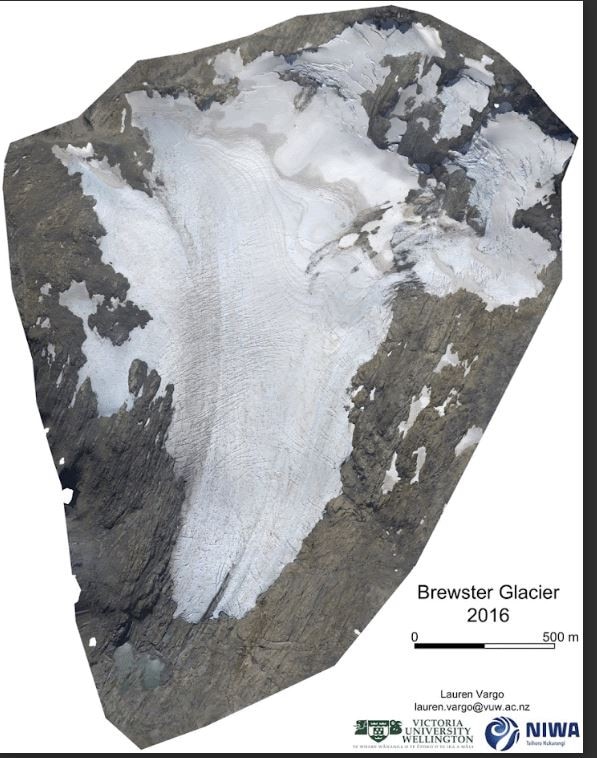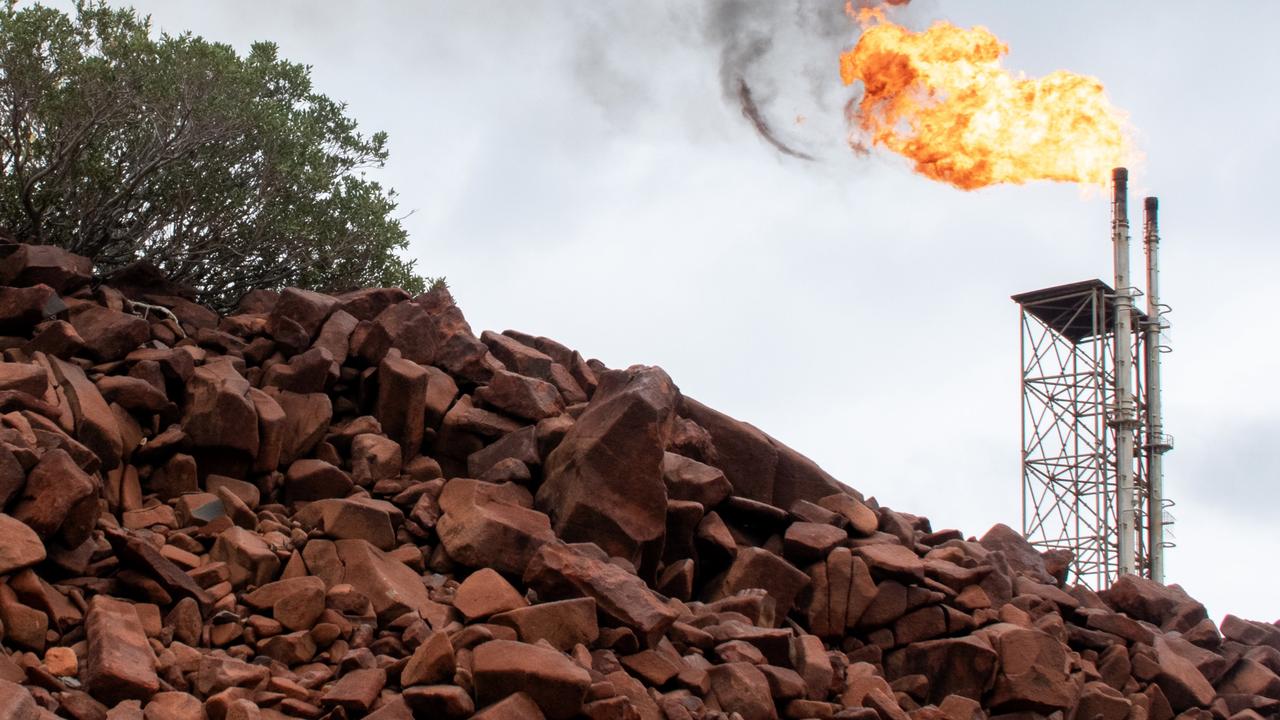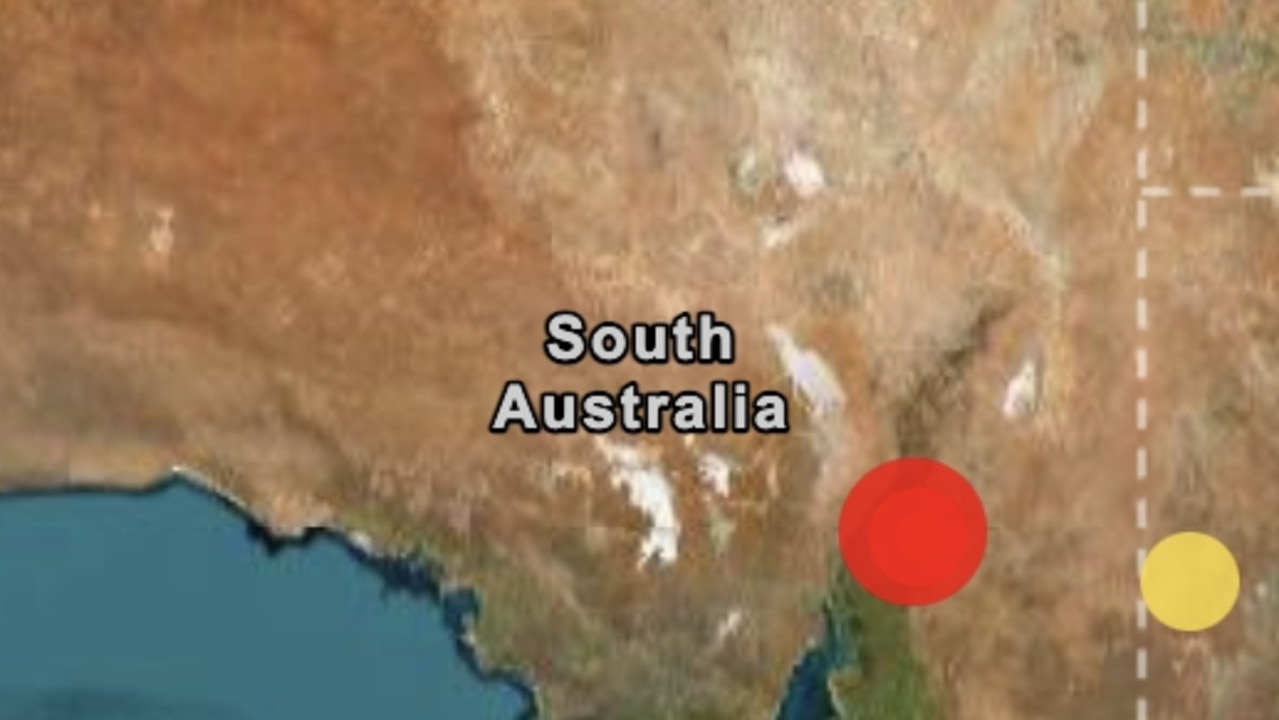New Zealand’s Southern Alps glaciers in accelerated decline after extreme heat
A “confronting” reality for a popular international tourism spot has scientists sounding the alarm, with grim predictions of what is to come.
A new survey has revealed New Zealand’s famous rivers of ice are evaporating. Fast. Now scientists are sounding the alarm that this vital international tourism hotspot doesn’t have much life left.
New Zealand’s National Institute of Water and Atmospheric Research (NIWA) conducts annual photographic surveys of the state of its mountain snow caps and glaciers.
The latest results are in.
And the impact of an “incredibly hot summer” are stark.
Professor Andrew Mackintosh of Australia’s Monash University was on the survey flights.
“I was shocked by the state of the small low-elevation glaciers, which have largely disappeared,” he said. “The scale of retreat is confronting, even to a glaciologist.”
Completed Southern Alps end of summer snowline survey 26 March with @niwa_nz@WellingtonUni and @MonashEAE colleagues - mixed bag of snowline elevations, but very noticeable changes in perimeters and profiles of glaciers showing our continued ice loss trend. Olivine Ice Plateau🎥 pic.twitter.com/SJWe6tbfr4
— Drew Lorrey (@DLorrey) March 31, 2023
But the results struck closer to home for NIWA survey co-ordinator Dr Andrew Lorrey.
“I’m seeing this beautiful part of our natural environment slipping through our fingers,” he said. “This trend is worrisome … it will also affect the livelihoods of people who rely on these natural wonders for tourism, as well as flow-on effects from decreased meltwater during periods of drought.”

New Zealand’s South Island is dominated by a range of mountains known as the Southern Alps. These form natural “water towers” that feed the alpine streams so crucial to the island’s lush environment.
The heat is on
“If you’ve experienced a glacier first-hand, they are absolutely breathtaking and mind-blowing and life-altering,” Dr Lorrey told media. But now, even iconic glaciers like New Zealand’s Fox and Franz Josef are in full retreat.
The NIWA principal researcher expects variability in fresh snowfall from year to year. Still, the clear trend over the past five decades since the survey began is one of continuous decline. And that is accelerating.
Privileged to join the @niwa_nz@WellingtonUni glacier snowline evaluation on March 26th 2023.
— Andrew Mackintosh â„ï¸ (@AMacGlac) March 31, 2023
Initiated by Trevor Chinn, brilliantly led by @DLorrey, and scientifically improved by @DrLaurenVargo & Brian Anderson.
Confronting to see New Zealand glacier changes over decades pic.twitter.com/auFB3Z5l2k
“With the South Island’s incredibly hot summer, we were expecting snowlines to be very high,” Dr Lorrey said in a NIWA assessment.
This year’s survey comes after two years of record-breaking heatwaves over the South Island. And 2022 was New Zealand’s hottest year in recorded history – beating the previous record set just a year earlier.
On January 8 this year, the South Island town of Greymouth recorded a record-breaking 30.9C. The average for that time of year is 19C.
NIWA, @WgtnUniResearch, @docgovtnz & @MonashUni flew over 50 South Island glaciers last week for the annual end-of-summer snowline survey, revealing a continued loss of snow & ice for New Zealand’s glaciers.
— NIWA (@niwa_nz) March 31, 2023
Full story here 👉 https://t.co/jdoGhuwpqv
📸 Rebekah Parsons-King pic.twitter.com/4g3tLW3yvk
The upshot has been a plunge in fresh snowfalls and much longer melt seasons.
“Snowlines were clearly visible across some glaciers while others had exposed ice from prior years laid bare up to the mountain top,” he said.
Since the survey began, NIWA reports South Island glaciers have lost one-third of their total ice volume. And most of that loss has happened in the past decade alone.
A shrinking study
This was the 46th annual survey flight. The project is a collaboration between the NIWA’s climate, freshwater and marine science unit, the Victoria University of Wellington, and the Department of Conservation.
Every March, more than 50 “index” glaciers are examined. The survey team spent about eight hours in a light aircraft following a predetermined track at specific altitudes to ensure their photos showed similar perspectives to previous years.
Completed Southern Alps end of summer snowline survey 26 March with @niwa_nz@WellingtonUni and @MonashEAE colleagues - mixed bag of snowline elevations, but very noticeable changes in perimeters and profiles of glaciers showing our continued ice loss trend. Olivine Ice Plateau🎥 pic.twitter.com/SJWe6tbfr4
— Drew Lorrey (@DLorrey) March 31, 2023
Thousands of digital images are then “stitched together” in 3D models of the mountain range, which are then overlaid against previous models. These will form the basis of a detailed study over the coming months in an effort to localise the impact of the ice’s retreat.

“We’ve already had to abandon some of the index glaciers that we used to monitor because their snowlines and meaningful ice volume have completely disappeared,” Dr Lorrey said. “If current trends continue, we will see further contraction of snow and ice to only the highest places, leaving very little across the Southern Alps.”
Walking off Brewster Glacier, Mt Aspiring National Park w @AMacGlac & @bexparsonsking after filming for a @niwa_nz piece on monitoring glaciers. There is a multicentury ice recession history here, but a lot has gone in recent decades. The mountains are experiencing fast changes. pic.twitter.com/LWfQxTuAHY
— Drew Lorrey (@DLorrey) April 1, 2023
On-the-ground studies confirm this visual evidence.
Annual field trips initiated in the early 2000s physically measure the depth of snowfalls and ice melt on Brewster Glacier and Rolleston Glacier.
The resulting modelling projects New Zealand’s glaciers are on track to lose about 80 per cent of their volume by the end of the century.






